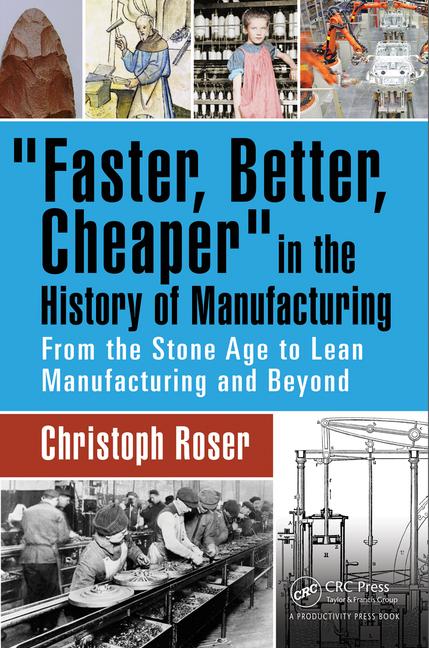Toyota's recall problems are a man-bites-dog story of epic proportions.
There’s an old saw in journalism: If a dog bites a man, it’s not news, but if a man bites a dog, print it! I’ve been reminded of that adage while reading the daily reports on the recalls and quality problems at Toyota.
Since October, Toyota has recalled 8.5 million vehicles worldwide for accelerator, braking and floor mat problems. Collectively, it’s the second-largest in automotive recall in history. At press time, the company faced two Congressional hearings, and the National Highway Traffic Safety Administration was investigating a slew of reports from Toyota drivers who claim they were in serious accidents caused by faulty acceleration or braking.
For a company that built its reputation on quality, launched the lean manufacturing revolution, and is widely considered the world’s best manufacturer, it’s a man-bites-dog story of epic proportions.
The problems have cost the world’s No. 1 automaker dearly. On Jan. 26, when the company temporarily halted North American sales, Toyota’s share price on the Tokyo exchange was 2,750 yen. That’s a 35 percent decrease compared with a week earlier and a 67 percent decrease from the stock’s all-time high on Jan. 27, 2007, just before Toyota’s quality issues began to appear. Edmunds.com predicts that Toyota’s share of the U.S. auto market could drop a full percentage point this year. (The company currently owns 17.6 percent of the market, behind only GM.)
Certainly, Toyota would have done itself a favor by responding more quickly to the problems when they emerged. Fortunately, the company seems to be on top of things now, and the public apology by company president Akio Toyoda could not have been easy. Thus, we urge Transportation Secretary Ray LaHood to avoid effortless, unnecessary and blowhard rhetoric, like his promise to “hold Toyota’s feet to the fire.”
As Toyota scrambles to regain consumer trust, industry analysts wonder how the company got into this mess. Some say Toyota became too big, too fast. Others say Toyota simply wasn’t practicing what it’s been preaching.
We’re not buying it. The problems with the accelerator pedals and the floor mats are really design issues, rather than manufacturing defects. The faulty braking in the Prius appears to be a software bug.
Let’s be honest: Today’s vehicles are much more complex than they were even a few years ago, and scores of independent suppliers are part of the design and assembly of every vehicle. Integrating the myriad electronic and mechanical subassemblies that go into today’s vehicles is a herculean task. How will widget A from Acme Corp. interact with widget B from Nadir Inc.? How will electronic gizmo C react to electromagnetic interference? With the advent of electronic control over braking, acceleration and steering-so-called X-by-wire systems-the task won’t get any simpler.
We advise Toyota’s competitors not to enjoy their moment of schadenfreude too much. Ask not for whom the bell tolls, it tolls for thee.




